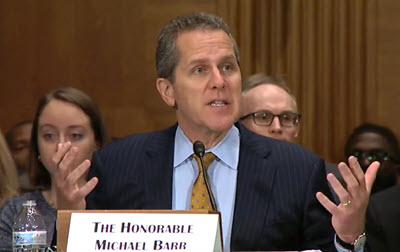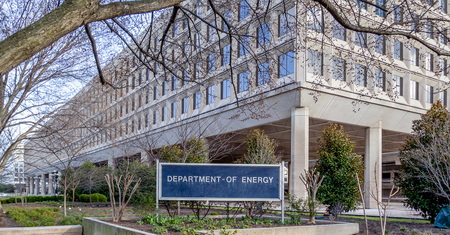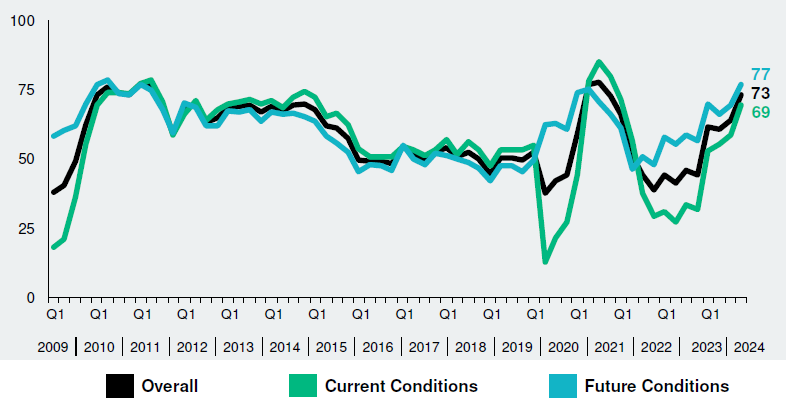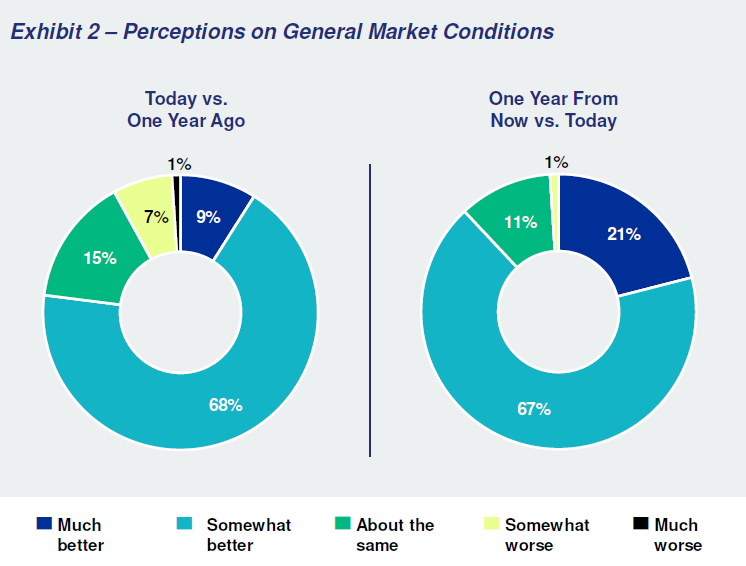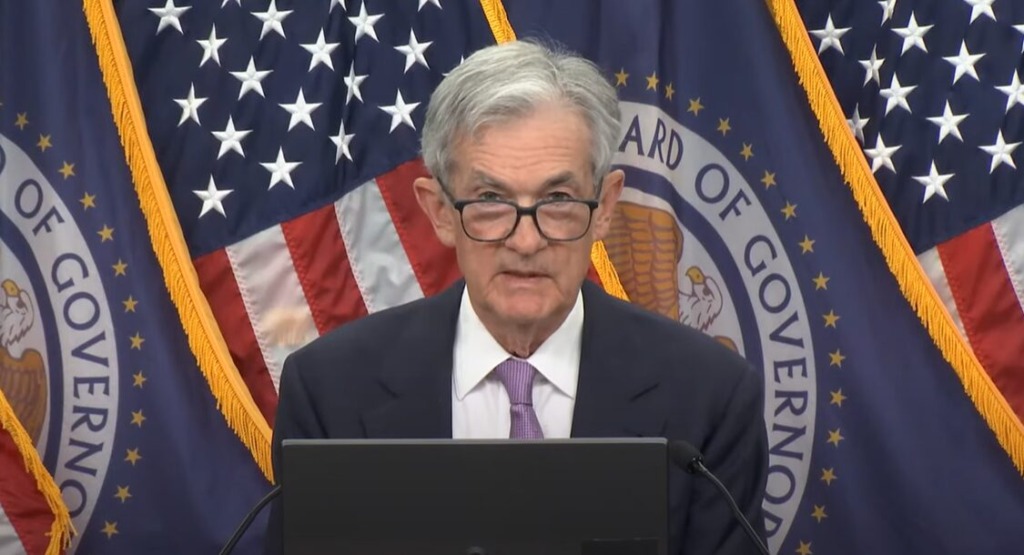
On Monday, President-elect Donald Trump pledged to impose a 25 percent tariff on all goods from Mexico and Canada, and an additional 10 percent tariff on imports from China. These measures could have significant repercussions for the U.S. economy, including housing affordability. (WSJ, Nov. 25 | Reuters, Nov. 26)
Response to Illegal Drugs, Immigration
- Trump’s social media posts stated that the threatened tariffs are necessary to stop illegal immigration and fentanyl trafficking. He couched the levies on imports as temporary, staying in effect “until drugs and migrants stopped coming over the border.” (New York Times, Nov. 26)
- The U.S. imports the most goods from Mexico, China, and Canada, in that order. (U.S. Census Bureau, Sept. 2024).
- Trump said he plans to impose the new tariffs on his first day in office. (AP, Nov. 26). Mexico, the U.S.’s largest export partner after Canada, vowed to retaliate with its own tariffs and spark a possible trade war. (Washington Post, Nov. 26)
Potential Impacts on Housing, Construction

- “Overly broad and poorly designed tariffs could unintentionally increase housing costs for millions of renters and home buyers,” said Jeffrey D. DeBoer, President and CEO of The Real Estate Roundtable. “Building safe and desirable housing cost-effectively is tied closely to the price of imported materials like steel, cement, concrete, lumber, glass, and more. Tariffs that increase construction costs would slow bringing new supplies to the market and increase prices to purchase and rent homes.”
- “We need to boost the nation’s housing supply — through new construction, converting obsolete buildings, strengthening the low-income housing tax incentive, reforming local zoning laws, and other bipartisan strategies,” DeBoer continued. “We look forward to working with the Trump Administration on policies to spur economic growth, create jobs, and in this case, improve housing affordability and availability.”
- About 32 percent of building materials are imported, largely from China, Germany, and South Korea. The extent of these imports has increased dramatically in recent years.
- The proposed tariffs would be additional to Biden-era tariffs, which themselves derive from import taxes dating back to the first Trump Administration.
- For example, in May, President Biden increased the tariff on steel products from China to 25 percent— while also increasing tariffs to varying degrees on semiconductors, solar panels, batteries and other specific Chinese imports. (White House fact sheet, May 14). It appears that President-elect Trump will seek an additional 10 percent on top of these.
- Similarly, in August, President Biden raised tariffs on imports of Canadian softwood lumber to 14.54 percent, according to the National Association of Home Builders (NAHB). It appears that President-elect Trump plans to raise this import tax further to 25 percent.
- Lumber tariffs have a detrimental impact on housing affordability, according to NAHB. “In effect, the lumber tariffs act as a tax on American businesses, home buyers, and consumers.”
Potential Impacts on the Broader Economy
- Investor Uncertainty: Uncertainty surrounding trade policies risks dampening investor confidence, which could weigh on real estate property values and slow transaction activity. (Bisnow, Nov. 24)
- Energy costs: A 25 percent tariff on all imports from Canada would drive up energy costs. Canada is the top external supplier of crude oil to the U.S., with oil, gas, and other energy products making up its largest exports. (Bloomberg, Nov. 26)
Trump did not specify how he plans to impose the tariffs, although many have expected him to rely heavily on the International Emergency Economic Powers Act. That law gives the president broad authority to regulate U.S. commerce after declaring a national emergency. (PoliticoPro, Nov. 24)




